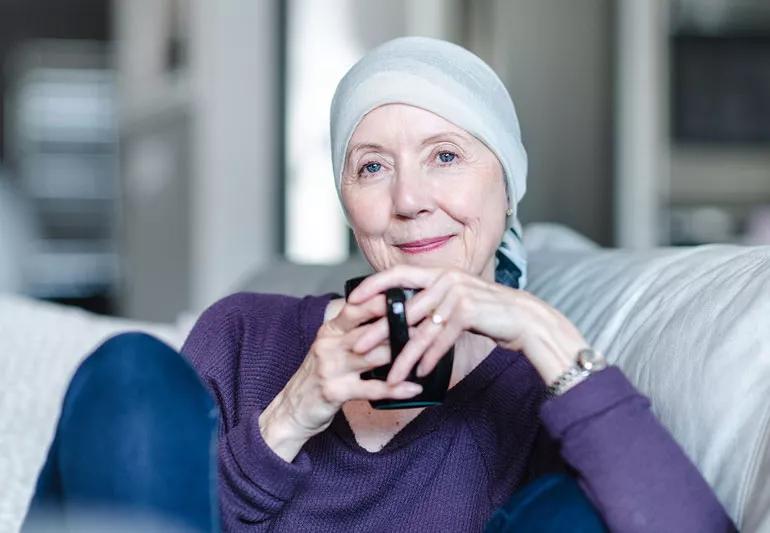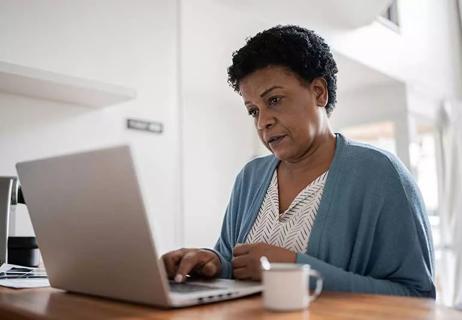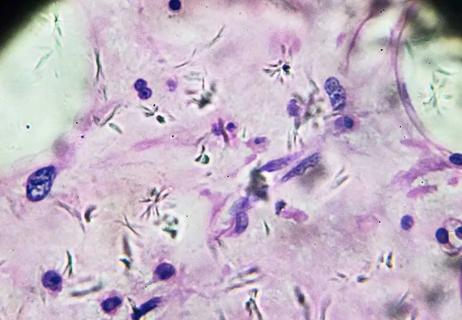You may have an illness, but you’re still you

You’ve just been diagnosed with cancer and your world’s been turned upside down. You’re scared and overwhelmed. Suddenly your new identity is cancer patient.
Advertisement
Cleveland Clinic is a non-profit academic medical center. Advertising on our site helps support our mission. We do not endorse non-Cleveland Clinic products or services. Policy
But that’s not entirely true. You’re still you.
“It’s important to not let cancer define you,” says oncologist Mikkael Sekeres, MD. “You’re not the disease. When you’re first given a cancer diagnosis, it’s completely normal to have the cancer be the focus of all of your thoughts, and those of your family and friends. But while it’s easy to define yourself as a cancer patient, remember who you are and what your goals are. You’re still the same person you always have been.”
To help you retain your sense of self, it’s important to keep doing the same things you’d normally do.
For example, if you exercise, continue to do so. If you’re the type of person who works out on a treadmill or walks every single day, keep doing it or you’re going to go nuts, says Dr. Sekeres. But, it’s a good idea to check with your doctor first to make sure exercise is OK within the context of your cancer treatment.
The same thing holds true if you’re used to going out to dinner with friends or your spouse, keep doing that, again checking with your doctor first.
Dr. Sekeres shares more tips to help with the transition and give you a sense of control after a cancer diagnosis:
Advertisement
And do your best to try to be the person you’ve always been. You’re much, much more than an illness.
Advertisement
Learn more about our editorial process.
Advertisement

Prioritize protein and fresh produce, but be extra careful to avoid bacteria that could cause foodborne illnesses

Here’s how (and why) to ask your doctor about treatment goals, second opinions, clinical trials and more

Rates of early-onset breast, colorectal and GI cancers are increasing, but preventive care and a healthy lifestyle can help reduce your risk

The side effects of cancer and treatment can impact desire, sexual function and intimacy, but there are ways you can keep the flame going

Decisions you make regarding smoking, alcohol use, meal choices and exercise can make a big difference

Taming fear and reclaiming your future after treatment

Carcinomas are the most common and affect skin and organs

7 healthy eating tips to help reduce your risk of some of the most common types of cancer

Wearing a scarf, adjusting your outdoor activities and following your asthma treatment plan can help limit breathing problems

Your diet in the weeks, days and hours ahead of your race can power you to the finish line

When someone guilt trips you, they’re using emotionally manipulative behavior to try to get you to act a certain way